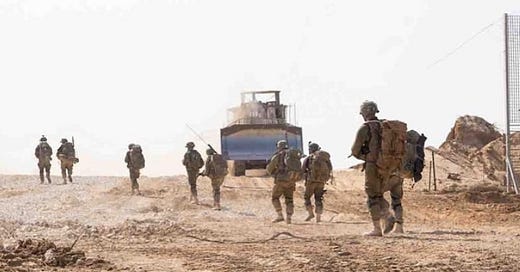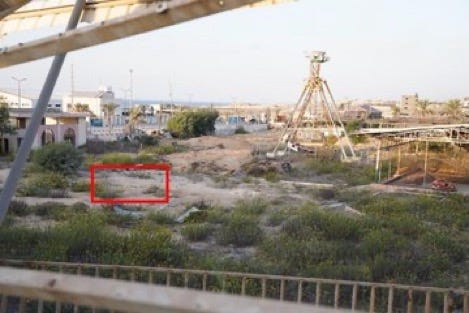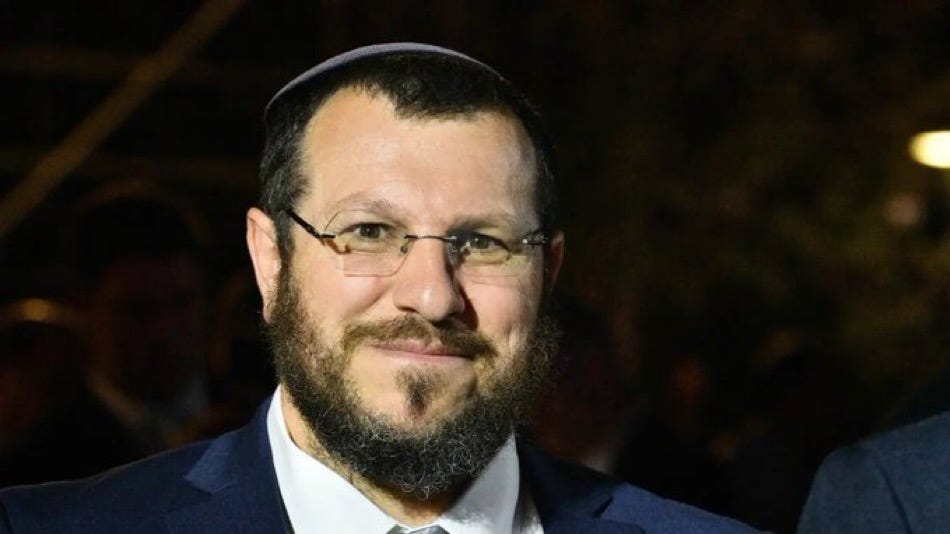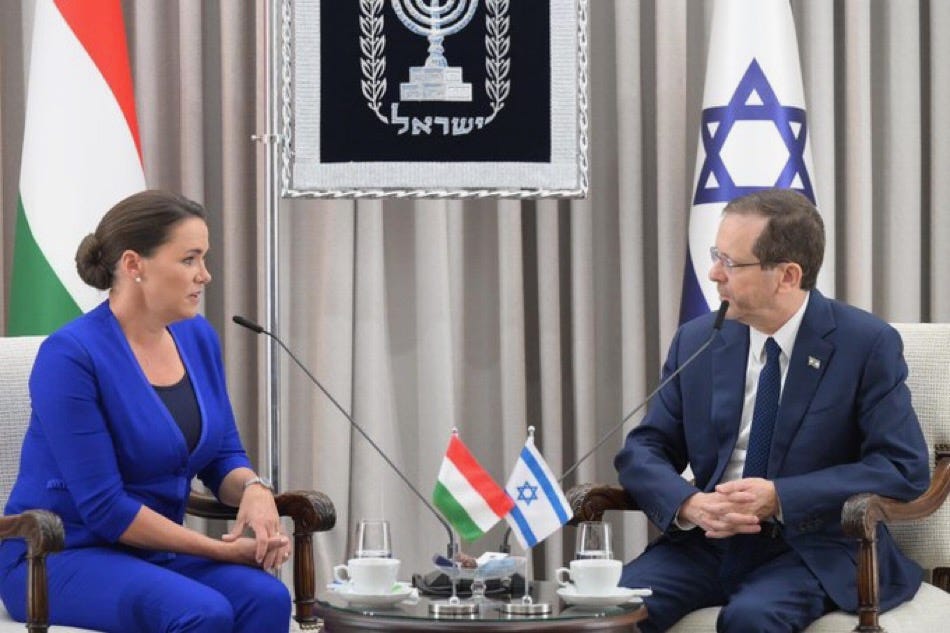The army has continued to make steady progress in the Gaza Strip. Tonight, it was announced that the Golani Brigade has reached the Gaza coastline, effectively bisecting Gaza into two separate regions. Encircling Gaza, the army is meticulously advancing on Hamas's tunnels. The Israeli Defense Forces (IDF) dominate the nocturnal hours, while during daylight, terrorists emerge from tunnels to attempt assaults on IDF vehicles. The IDF’s armored-defense-systems have performed exceedingly well — with the sorrowful exception of the one tragic clash in which 11 members of the Givati Brigade were killed. The protective measures and exceeding caution exercised by the IDF since the start of this incursion into Gaza, has resulted in the deaths of 30 soldiers, to-date, (including the 11 lost in the armored carrier).
Despite the current number of IDF losses being significantly lower than anticipated, every loss is heart-wrenching. Many of the soldiers' funerals are broadcasted on the news, adding to the grief from those lost on October 7th. The continued daily broadcasts of the funerals of the growing succession of young men and women, who gave their lives to protect and defend us is devastatingly difficult to endure.
While the IDF’s military achievements have surpassed expectations thus far, formidable challenges remain to penetrate the core of Hamas's underground network. This evening there was an intense aerial bombardment, seemingly targeting strategic points. The army uncovered a tunnel beneath a Gaza hospital, as well as, missile launch sites within a children's park
.
Rocket attacks from Gaza into Israel have diminished, however, Hamas successfully launched two significant volleys at Metropolitan Tel Aviv. One rocket fell in Southern Tel Aviv, fortunately without causing injuries. In the second volley, two rockets landed, but again, there were no injuries reported.
In the north, the skirmishes intensified today, leading to the death of an Israeli civilian by a Hezbollah anti-tank missile. Israel retaliated by targeting a vehicle in Lebanon, which Hezbollah claimed had children on board. Following this, Hezbollah launched a barrage of rockets into the Galilee, including a large volley that struck Kiryat Shmonah directly. A subsequent attack on Kiryat Shmonah occurred this evening, also hitting the city, yet no injuries were reported due to the evacuation of nearly all residents. In all 12 rockets landed in our near Kiryan Shmonah today.
IDF Chief of Staff Hertzi HaLevy met with commanders in the north, acknowledging their competent defensive actions, while indicating the IDF’s readiness to transition to an offensive stance at any moment.
SHOOTING OURSELVES IN THE FOOT
Israel suffered a serious public relation’s setback. Minister Amichai Eliyahu from the Otzma Yehudit party (affiliated with Ben-Gvir) conducted an interview where he declared there were no non-combatants in Gaza. Eliyahu controversially suggested the use of an atomic bomb on Gaza. When questioned about the 240+ Israeli hostages still held by Hamas, Eliyahu remarked that “casualties are inevitable in war”.
In the aftermath of Eliyahu’s statement, the outcry within Israel was overwhelming — even among members of the right-wing. Everyone grasped the extent of the damage Eliyahu had caused. There were widespread calls for Netanyahu to dismiss Eliyahu, but the most Netanyahu was willing to do was to ban the incompetent minister from attending cabinet meetings. However, a few hours later, Eliyahu participated in a cabinet vote by phone. Once again, Netanyahu demonstrated that he prioritizes his imagined political future over the best interests of the country, fearing the discontent of one of his coalition partners.
Ben-Gvir has instructed all his party members to refrain from commenting, including on social media. Even before the war, many considered the Ministers of Otzma Yehudit to be significant allies of the BDS movement (because their warped statements provide BDS with continual ammunition).
Netanyahu's preoccupation with his envisioned (albeit highly questionable) political future was evident in his comments today. He suggested Hamas' decision to attack was impacted by the reservists’ threats not to serve, and that this will need to be assessed after the war. Making such a statement while those same reservists are all currently engaged in battle is simply astounding. Netanyahu seems to believe that he can absolve himself of responsibility for the cataclysmic catastrophe of October 7th, (and the stunning incompetence of his government’s response in the aftermath). However, the polls I shared yesterday indicate that the public is not convinced by his alternative narrative. Late tonight, Netanyahu realized his error and issued a statement that Hamas attacked because they wanted to kill us, and not because of any internal divisions.
MK Iman Khatib-Yasin of the Arab Ra’am party claimed that the absence of photographs of women being raped, or babies being killed suggested these events did not occur. The leader of Ra'am, MK Mansour Abbas, promptly condemned her remarks and asserted that there was no room for such statements in his party, calling for her resignation.
ECONOMY
It has been nearly 30 days since the war began, yet there is still no final economic plan, and the timing of the first financial distributions is uncertain. As a result, the number of people being laid off is increasing rapidly. In October, the average was 2,130 layoffs per day. In November, that average has risen to 6,677 per day.
A reader challenged an assertion I made in last night’s update:
For those who had dedicated their lives to peace and believed in the possibility of Israeli-Palestinian reconciliation within their lifetimes, that dream was decisively crushed.
His counter-argument was that the removal of Hamas could open the door to a peace agreement. While his argument is logical, it is out of step with the Israeli context. October 7th was a shock to Israelis on both the right and the left. For those on the left, it clarified just how deeply some Palestinians detest Israelis and what they are capable of if given the opportunity. Even if only 20% of the Palestinians harbor such feelings, Israelis are unlikely to be prepared to make concessions. The trauma of the massacre has been so profound for the average Israeli that I fear it could take a generation before any Israeli is willing to undertake the necessary steps to reach an agreement, if that is even feasible.
Hoping for peace is always worthwhile, but prior to this war, I concluded that peace was unlikely in my lifetime—a viewpoint that has only been reinforced. I hope I am wrong.








